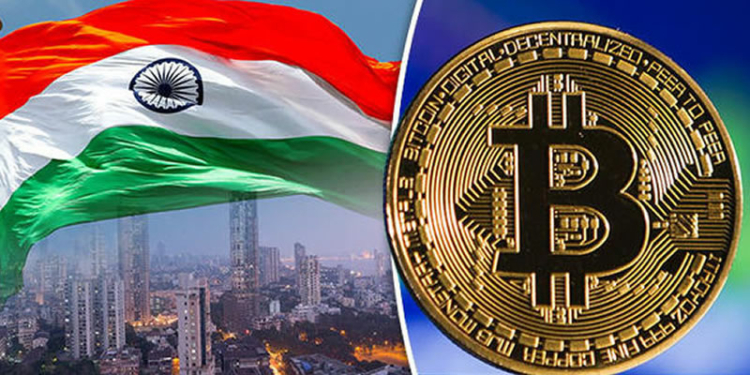Bitcoin is being called ‘digital gold’ by many observers, but it is the millennial generation that is truly embracing the potential of this digital currency. India, which is the fifth-largest economy in the world by nominal GDP, has been making news recently for its attempts to ban and restrict ownership and trading of cryptocurrencies, but for its younger generation, Bitcoin and other crypto-assets are proving to be a gateway to making money quick and fast.
Despite rumours around upcoming bans by the government, some of the biggest names in the crypto industry have been making plans to enter the Indian market. Coinbase recently announced its intention to enter India at some point in 2021, while Binance has already had a presence in the country through its acquisition of the local crypto platform WazirX in 2019. WazirX has grown to become the largest crypto platform in the country. The biggest factor driving the growing curiosity towards crypto in the country is its young population, with the median age between 28 and 29 years. India has become a hub for technology projects in the past decade, and with the increase in internet coverage and smartphone usage, more and more people are now aware about global trends such as cryptocurrencies. This can be seen from the fact that India has the second largest online population in the world, behind China, with over half a billion users.
Crypto has also been seen in other sectors other than in terms of trading and ownership in India in a bid to attract more users. Gambling and betting has been a favourite activity for Indians for centuries now, and various online gambling providers are now using crypto to draw more users towards them. Website https://winz.io/en-IN provides Indian players the option of placing bets on traditional casino games through Bitcoin and other crypto tokens, which has meant that users can use their crypto holdings to play these games. This is just one example to show how the crypto sector has made inroads into the Indian economy as well as other aspects of Indian life, but there is still a huge untapped market in the country.
India has the potential to become one of the largest crypto economies in the world, with all of the aforementioned factors working in its favour. Data from Paxful, a peer-to-peer bitcoin trading platform, shows that India has the second highest traffic to the site, after the USA, while a report stated that one in ten Bitcoin purchases in the world in 2018 was made in India. It is also interesting to note that the latest new trend around crypto, NFTs, has also caught on in the country.
WazirX already has 1.8 million users in India, with the total size of the market estimated to be around 10 million users in the country at the moment. However, the majority of Indian investors are treating crypto as an investment, buying and holding tokens, with just 10-15% of customers making trades on a daily basis. This is in line with the country’s general trend of saving, and therefore those who would have got into the crypto market last year will have seen the value of their portfolios skyrocket if they held onto their crypto assets. That is also why Bitcoin is seen as digital gold in the country, as it is merely another way to save money, albeit a high-yielding one. However, because foreign exchange purchases are heavily regulated and restricted, there have not been too many assets that could be used as hedges against domestic inflation thus far. Bitcoin could change that, especially for the younger generation which is seeing the potential of this digital asset and therefore beginning to buy and hold it, much like their parents did with gold.










Discussion about this post